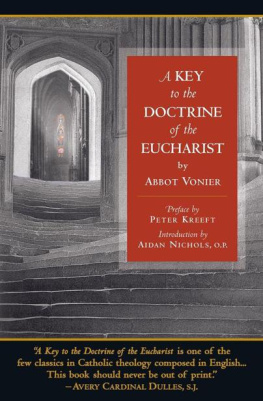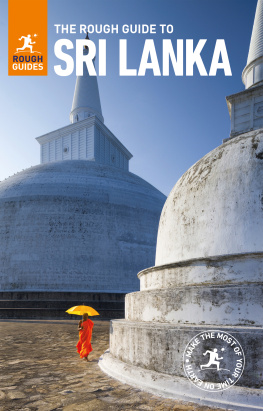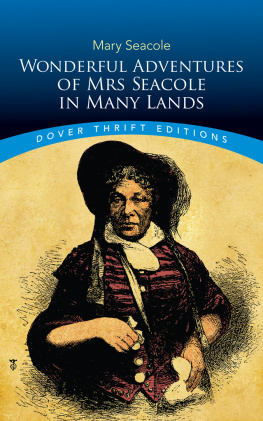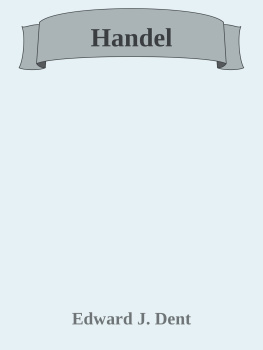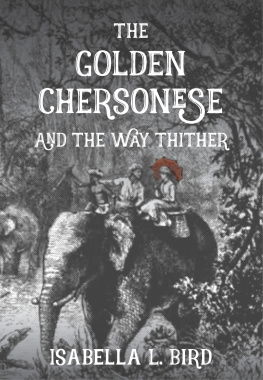THE HUMAN SOUL
AND ITS RELATIONS
WITH OTHER SPIRITS
BY
DOM ANSCAR VONIER. O. S. B.
ABBOT OF BUCKFAST
Assumption Press
2013
Nihil Obstat.
Francis M. Canon Wyndham, Censor Deputatus.
Imprimatur.
Edmmond Canon Surmont, Vic. Gen.
Westminster
August 26, 1914.
The Nihil Obstat and Imprimatur are official declarations that a book or pamphlet is free of doctrinal or moral error. No implication is contained therein that those who have granted the Nihil Obstat and the Imprimatur agree with the content, opinions or statements expressed.
This book was originally published in 1913 by B. Herder.
Copyright 2013 Assumption Press.
Cover image: Jacobs Ladder by William Blake, c. 1800
F oreword
There is a great love for the things of the intellect observable amongst our contemporaries. It is commonly said that we live in an age of materialism. Yet no age takes greater interest in the things of the mind.
The theories I am giving to the public in the following modest work on the Human Soul have no originality. They are merely the views of the great Catholic philosophers and theologians, and foremost amongst them, of St. Thomas Aquinas.
The book is meant essentially for the educated lay mind. Its purpose is intellectual more than devotional. My task has been to explain some of the philosophical truths of Scholasticism in as simple language as possible. Perhaps the chief defect of the book is this very simplicity and jejuneness of style. But the purpose of the book is served better by light than by brilliancy.
The book contains very few quotations, and still fewer references. The reason of this is that I am more intent on giving the spirit than the letter of Catholic philosophy.
There is a good deal of allusion to the theology of the Angels in this book on the Human Soul. This is unavoidable, as the theology of the Human Soul coincides in many points with the theology of the Angels.
Those whom I call our masters are chiefly St. Thomas Aquinas, the great thinker of the 13th century; Cardinal Cajetan, the Commentator on the Summa Theologica, in the 16th century; and Ferrariensis, the Commentator on the Summa Contra Gentes, of the same period.
Intellectual truth is always sure to do its own work. It only wants stating; there are always clear and unbiased minds to be profited by it. It is this belief of mine in the efficacy of the unaided power of intellectual truth that makes me hope that good may be done by efforts like the one of which the following pages are the embodiment.
Buckfast Abbey, October 1913.
ANSCAR VONIER, O. S. B., Abbot.
I
Nature of Spiritual Substances
The human soul is a spirit. It is called the lowest of spirits by the Catholic divines. This expression ought not to convey an idea of incompleteness ; it ought not to make us consider the human soul as a being that is just superior to matter without its being a completely spiritual substance. On the contrary, it may be asserted with perfect theological accuracy that the human soul is as much a spirit as God Himself, as much a spirit as any of the Angels of God. The term spirit is applied with equal appropriateness to God, to the Angel, and to the human soul. God, the Angel, and the human soul are all alike remote from matter; they are all utterly immaterial; they differ indeed through the power of intellect, but there is no difference in their respective freedom from the laws of matter.
It is therefore my first duty to give the defin ition of a spirit; I must attempt to give a short theological description of the spiritual substance, at the outset, as a kind of basis to start from. To think of the human soul as of a being halfway between matter and spirit, is to materialize it, is to bring it within the possibilities of heredity and evolution.
The term spirit primarily has a negative value ; it means total freedom from the laws of space and time; it means total absence of all that is called matter, of all that is organic life; it means thirdly complete lack of sensation or sensitive life generally, in the spirit-substance.
It may be safely asserted that freedom from the laws of space is the most popular, and the most common condition connected with a spiritual being, even in the most primitive mind. Beings superior to himself have always been endowed by man with wonderful powers to set at naught the laws and the impediments of space. It must be observed however, that popular imagination is quite satisfied with the gift of agility, of facile locomotion, for its spirits. This, of course, popular fancy would always think to be the primary spirit-power. The kind of freedom from the laws of space Catholic theology postulates for a spirit is something far superior to mere agility, to mere facility of locomotion. A spirit not only moves freely within space, but he is absolutely superior to space. Space is non-existent to him. In fact, this superiority to space, which is the most popular spirit-attribute, is one of the hardest concepts of Christian metaphysics; it requires a highly philosophical mind to find pleasure in the concept.
Freedom from the laws of time has hardly found an echo in popular imagination; all nations have made their higher beings subject to the changes of numerical time; Catholic theology on the contrary considers time to be as much against spirit-nature as space itself; it does not deny duration, but it says that the duration of a spirit-nature has nothing in common with the beat and the division of human time. Yesterday, today, and tomorrow are not divisions for the spirit. If the acts and periods of a spirits existence are at all classified, they are classified according to more or less intensity in thought, not according to more or less sidereal movements.
Not so with us in the immaterial world:
But intervals in their succession
Are measured by the living thought alone,
And grow or wane with its intensity.
NEWMAN, Dream of Gerontius .
Matter has been made as light and as bright as possible by popular imagination, for a spirit-nature; but I think it would be hard to find outside Catholic theology clear and definite notions of entirely immaterial substances; even in the Catholic Church it took men a long time to rest contented with the idea of a being intensely real and yet absolutely immaterial. Even so late a Doctor as St. Bernard did not dare to pronounce categorically on the subject. The lightness of spirit-substances is of course part of the popular view; it is perhaps the most cherished feature in the popular belief in Angelic spirits; but Catholic theology has raised the notion of the spirit to its highest level long ago. There is no matter in a spirit, not even matter of the most subtle kind. Even the incomprehensibly subtle ether of modern science would be like a dead weight, by comparison. For a long time already, in Catholic theology, spirit and matter have been oppositions, not indeed oppositions between good and evil, but incompatibilities of laws, incompatibilities in the respective modes of acting.
But freedom from matter is a small beginning, a thing which it ought not to be difficult to conceive, to adhere to with mental satisfaction. We may even pride ourselves upon the ease with which we think of an entirely immaterial being, as we ourselves sigh for the day that will set us free from the fetters of our body. Freedom from sensation, complete lack of sensitive operations will be treated with less favor by our imagination, or even by our feelings. Both modern psychology and old Scholastic philosophy give to the sense-activities in man an exceedingly wide range. Things that are apparently of the highest order, in knowledge, and art, and sentiment, are not things of the spirit, but things of the senses, alike in the philosophy of Thomas Aquinas and in the modern researches in the domain of the brain. Activities coming under that category are as incompatible with the spirit-nature as a heavy bodily frame; and there only we shall find the spirit, where those activities give way to higher operations.
Next page

